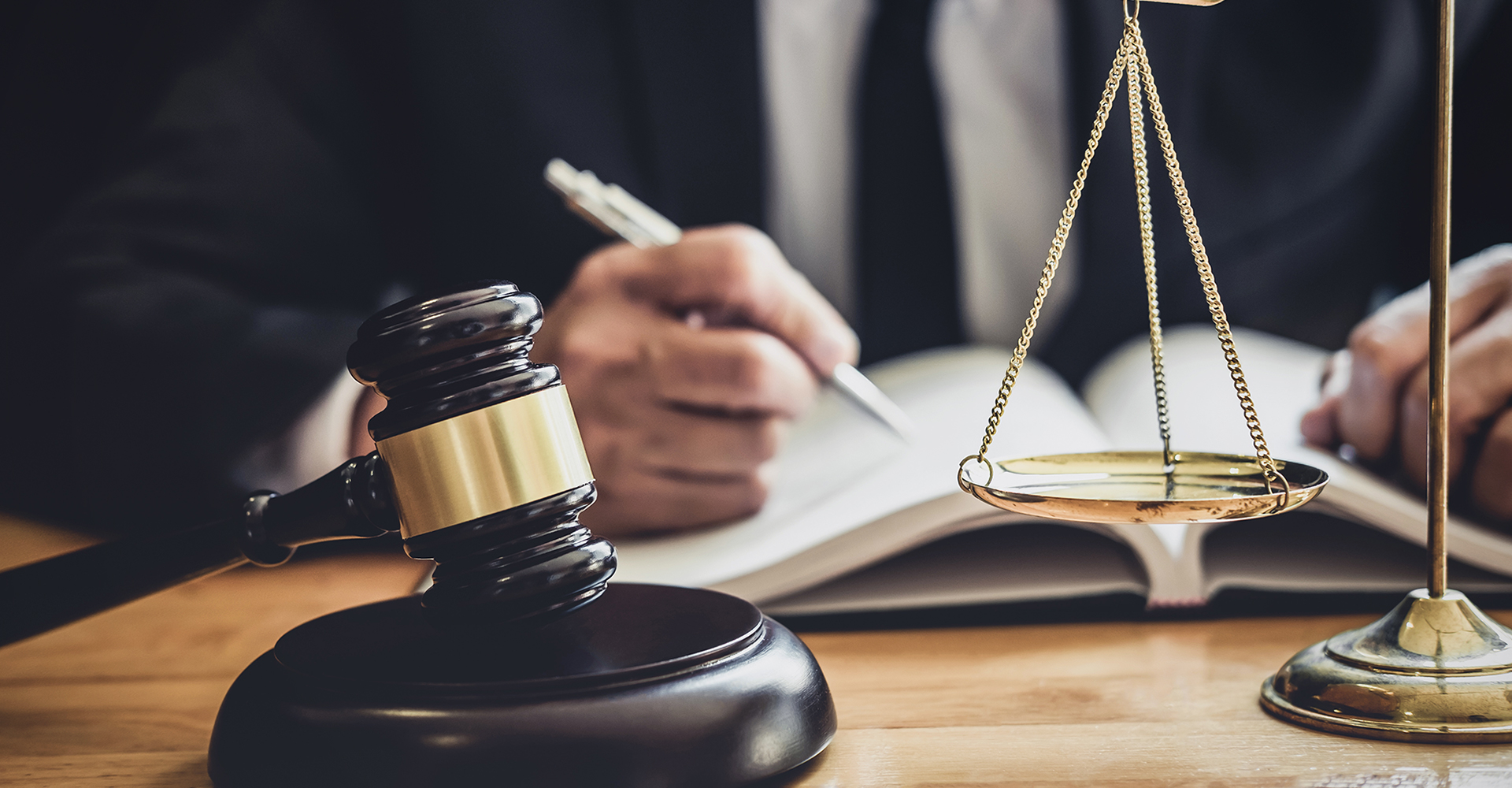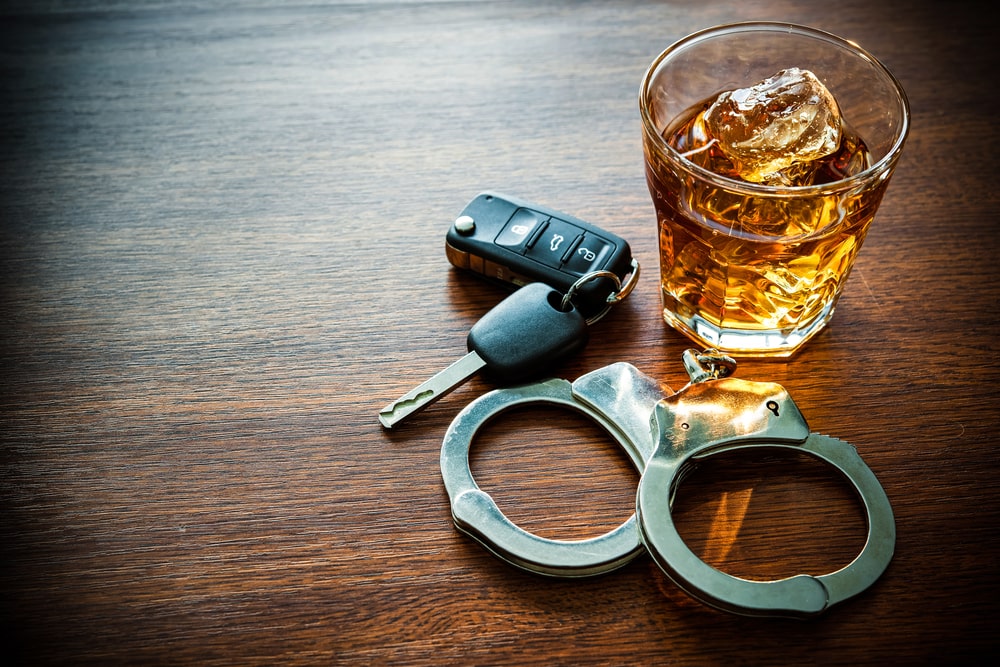Introduction

Driving drunk (DUI) is a severe infraction that can have serious effects. If you are drawn over by police and suspected of driving while impaired, you may be asked to submit to a breath analyzer examination or other chemical tests to establish your blood alcohol concentration (BAC). Nonetheless, it is essential to comprehend that you have the right to decline these tests under specific situations. In this write-up, we will explore the refusal protection in DUI instances and discuss when you can reject.

The Effects of a DUI Conviction
Before diving right into the refusal defense, it is important to understand the possible consequences of a DUI conviction. A novice DUI infraction can result in substantial fines, license suspension, compulsory alcohol education programs, probation, and also jail time. Additionally, a DUI conviction can have lasting impacts on your personal and expert life. It can impact your capability to secure employment, acquire certain specialist licenses, and even affect your car insurance policy rates.
Know Your Legal rights: The Right to Refuse Chemical Tests
When it involves chemical tests for identifying BAC, many jurisdictions have actually implied permission legislations in place. Suggested consent suggests that by running an automobile on public roadways, you have already provided grant send to chemical testing if law enforcement has reasonable suspicion that you are driving under the influence. However, this does not indicate that you can not reject these tests under any circumstances.
1. Comprehending Implied Authorization Laws
Implied authorization laws differ from state to state, but they usually need drivers who are lawfully arrested for DUI to submit to chemical screening upon demand by police policemans. Failing to adhere to suggested approval regulations can result in automatic license suspension and various other penalties. Nevertheless, it is essential to note that indicated authorization just uses after a lawful apprehension has actually been made.
2. Exemptions to Implied Consent
While implied consent laws develop https://sack-tire.unicornplatform.page/blog/working-with-a-toronto-dui-lawyer-questions-to-ask-before-making-a-decision/?nocache=54945 the basic guideline that vehicle drivers have to submit to chemical testing, there are exemptions to this demand. These exceptions differ relying on the jurisdiction, but common instances include:
- Medical Condition: If you have a clinical problem that prevents you from giving a breath example, such as a chronic lung disorder or bronchial asthma, you may be exempt from taking a breath analyzer test test. Injury: If you have been associated with a cars and truck accident and endured an injury that stops you from giving a blood sample, you might be excluded from taking a blood test. Language Barrier: If you do not recognize the language in which the chemical tests are administered, it might be thought about a legitimate reason for rejecting the tests.
3. The Right to Refuse Pre-Arrest Area Sobriety Tests
Before being arrested for DUI, police police officers might ask you to execute area https://medium.com/@kevineaxgv/working-with-a-toronto-dui-lawyer-concerns-to-ask-before-deciding-cb9224e13006?source=your_stories_page------------------------------------- sobriety examinations (FSTs) to identify if there is possible cause for an apprehension. It is necessary to keep in mind that FSTs are volunteer and you deserve to decline them without any legal repercussions. These examinations normally include walking in a straight line, basing on one leg, and complying with a policeman's finger with your eyes.
Frequently Asked Inquiries (Frequently Asked Questions)
Can I refuse a breath analyzer examination if it is my initial offense?- Yes, you deserve to reject a breath analyzer test also if it is your initial violation. However, it is very important to speak with a knowledgeable DUI attorney prior to making this decision as rejection can cause other legal consequences.
- Refusing a chemical examination can lead to automated certificate suspension, despite whether you are ultimately convicted of DUI. The size of the suspension differs depending upon state regulations and previous offenses.
- Yes, refusing a chemical examination does not immediately absolve you from being charged with DUI. Police officers can rely upon other proof, such as observations of impairment or performance on field sobriety tests, to establish probable cause for an apprehension and succeeding charges.
- In some territories, you may have the opportunity to alter your mind and submit to a chemical examination after at first refusing. Nonetheless, it is important to speak with an attorney as this choice can have lawful implications.
- Refusing a chemical test may be viewed as an admission of sense of guilt by some police police officers and district attorneys. However, it is necessary to keep in mind that you have the right to safeguard your legal passions and speak with an attorney before making any type of decisions.
- If you are charged with DUI after declining a chemical examination, it is vital to seek lawful representation quickly. A knowledgeable DUI attorney can evaluate the details of your instance, analyze the validity of the apprehension and refusal, and create an efficient defense strategy.
Conclusion
Understanding the refusal protection in DUI cases is crucial for protecting your civil liberties when faced with possible fees. While implied consent legislations usually need motorists to send to chemical screening upon legal arrest, there are exceptions that allow for refusal under particular situations. It is necessary to consult with a seasoned DUI attorney that can supply assistance customized to your certain situation and aid navigate the complex lawful process. Remember, expertise is power when it comes to defending yourself against DUI charges and guaranteeing a reasonable outcome in court.